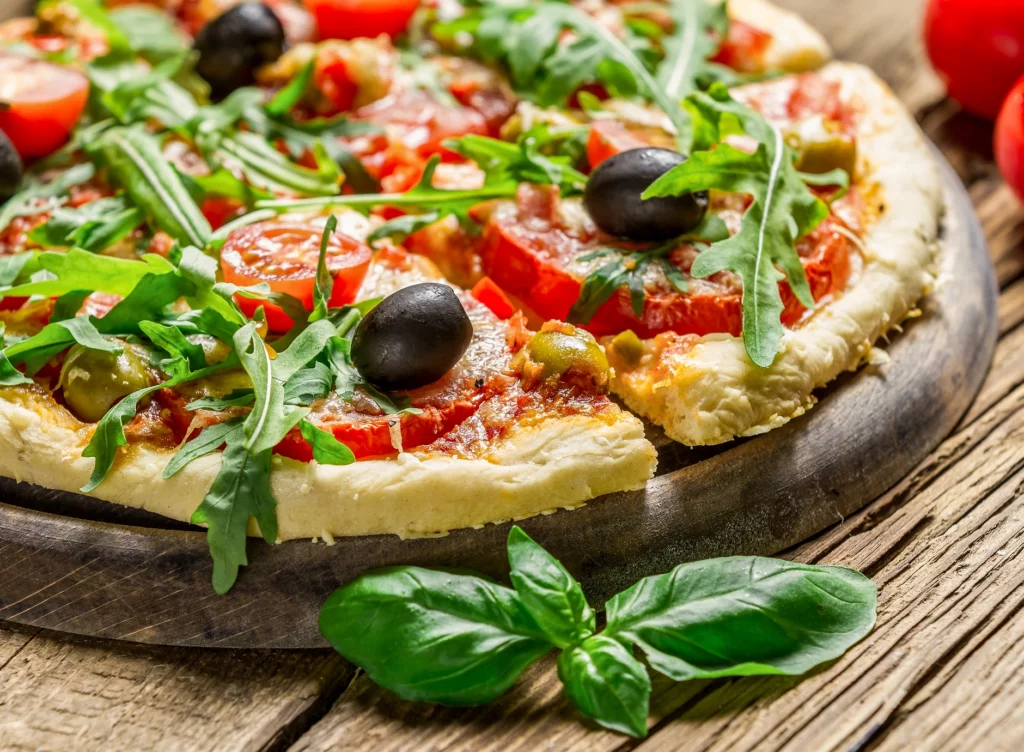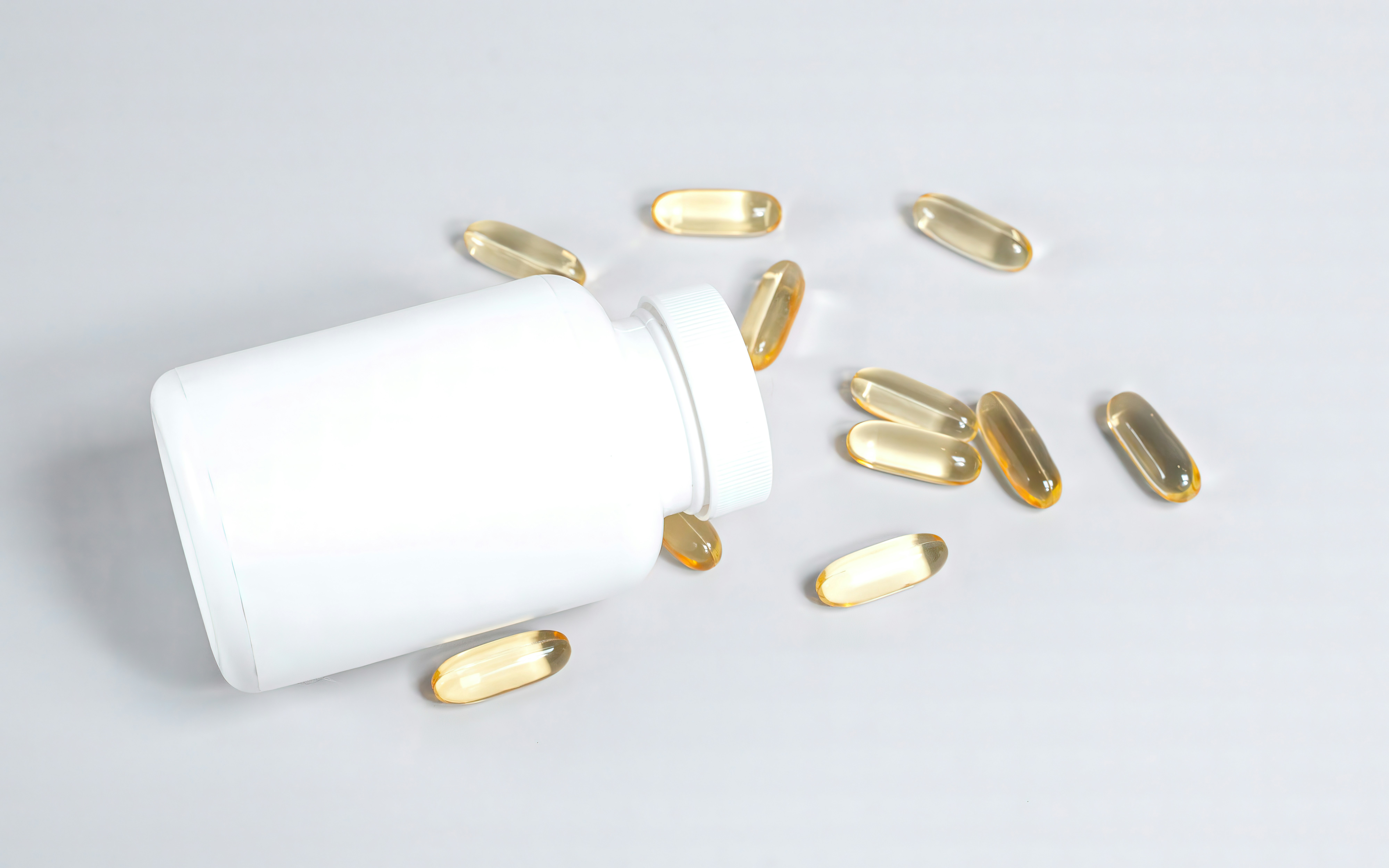This is part 2 in a series on maximizing your immune health. If you didn’t read part 1 on laying the proper foundation for your immune health then you can go back and read that here.
In this article you will find out:
- Why plant-based diets can result in immune struggles.
- Why omnivorous diets can also result in immune struggles
- Effects of stress and medications on our overall immune health
- My recommendations for foundational supplemental support during seasons of increased illness potential.
The (potentially) bad news for Vegan and Vegetarian diets…
Many minerals and retinol (one of 2 major types of vitamin A) are largely found and better absorbed via animal products. This includes eggs, dairy, and meats (organ and muscle meats). I’m not lying to you when I tell you that EVERY SINGLE vegetarian or vegan client I’ve had are very obviously deficient in at least two minerals such as calcium, zinc, magnesium, vitamin A, copper, and iron which are essential for immune function. There are plant foods that contain all of these nutrients, but it requires knowledge of nutrition and careful planning to have proper levels. Children often do not have the stomach capacity to eat enough plant foods to maintain proper levels of these nutrients for their growth and development demands. Minerals in plant foods are there but are not always nearly as bioavailable. Soil depletion from overuse does not help this situation.
Does this mean don’t be vegan or vegetarian if that is important to you?
Of course not, you do you! Just work with a professional if you aren’t sure and use careful planning to make sure you are meeting needs. I’m just being honest when I tell you that 75% of the clients that I know to have been deficient vegans or vegetarians also complained that they have had an increase in frequency and/or duration of illnesses. That is no coincidence, y’all. Just plan and pay attention!
Additionally, getting the right amount of essential proteins is important for foundational immune health. Most plant foods do not contain all of the essentials so pairing is sometimes needed to get that balance. These plaint proteins are also considered “low biological value,” which essentially means that they are not as bioavailable and can require up to 30% above the recommended daily value to meet needs. If you’re also an exerciser your needs are going to be even higher. Sickness or recovery itself also has an additional protein demand on top of normal consumption.
Other nutrients essential for immunity include vitamins C and D that vegetarians/vegans may or may not be deficient in. Vitamin D can be found in fatty fish in addition to what we get from the sun. Even omnivores (those who eat both plant and animal foods) can be deficient in any one of these things due to lack of intake, medications, outdoor activity, or stress.
Here are some scenarios to think about…
Imagine being a vegan without optimal mineral intake, on medications that block certain nutrients, and with a high stress job. Even though you do not have an underlying condition that makes you susceptible to COVID-19 (or any other illness), you are now at higher risk.
Now, imagine being an omnivore with medications, high stress, and a diet high in refined carbs and sugar.
You can see how these scenarios can set you up for failure.
What do we do?
There are the obvious things with a healthy foundational diet that I’ve already mentioned in part 1: healthy veggies, some fruit, and mineral containing foods such as animal products (if this fits into your lifestyle), beans, legumes, lentils and nuts. This is not an exhaustive list, but a general list.
What do I recommend for prevention?
1) Vitamin C: 1,000mg 3x/day during this time and once we get past this 500-1,000mg/day is great.
2) Zinc: 10mg 3x/day short-term during this time or illness. Zinc alone long-term can actually displace copper and iron, which you do not want to do.
3) Vitamin D: 1,000IU/day is typically a safe dose, however needs may be higher depending on your foundational levels. See a nutritionist to evaluate this (I do this and can order labs if needed or read labs from your doctor).
4) WATER. Lots of it. Always.
These things are a helpful foundation supplementally for prevention right now, but this does NOT replace a healthy diet in conjunction with it. You can supplement all you want and it may help some, but understand that the constellation of nutrients from food all work in complex interrelation to one another.
For a simple example: vitamin D impacts calcium absorption and magnesium impacts calcium utilization. Also understand that there are many things we still do not know and are still discovering about our nutrients and phytochemicals in our food. Therefore, food vs. a multivitamin is the best place to get our nutrients, plus food contains fiber so we can poop. BONUS!
Tune in for Part 3 soon.
Not sure if your nutrient status is where is should be? Have you noticed new types of illnesses, symptoms or a change in health status? Contact me for a free 15-minute consultation and let’s talk about it.





